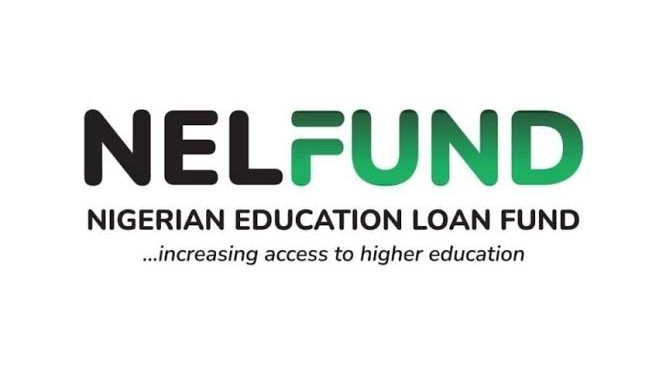The Nigerian Education Loan Fund’s promise of monthly financial relief to indigent students has hit a roadblock, with the ₦20,000 upkeep allowance halted since June. The delay has left hundreds of beneficiaries struggling to meet basic needs, raising fresh concerns about the programme’s management and sustainability.
The scheme, introduced under President Bola Tinubu’s administration, was part of a broader plan to ease the financial burden on underprivileged students in public tertiary institutions. Beyond offering tuition loans, NELFUND pledged a ₦20,000 monthly stipend, paid directly into beneficiaries’ bank accounts, to help cover feeding, transport, and other essential expenses. For many students, this allowance was a lifeline in the face of rising living costs and the pressures of academic life.
However, beneficiaries across several universities report that payments abruptly stopped over two months ago, without formal communication from NELFUND. Students say the suspension has left them in debt, struggling to afford meals, and in some cases, unable to attend classes due to transport costs. Some have resorted to borrowing from friends or taking on odd jobs, further disrupting their studies.
Despite mounting frustration, NELFUND has yet to release an official explanation for the delay. The only feedback students claim to have received comes in the form of informal reassurances that payments will resume “once funds are available.” This uncertainty has fuelled speculation about the fund’s liquidity and operational transparency.
The Nigerian Education Loan Fund operates under the Federal Ministry of Education and was presented as a landmark step towards improving access to higher education. At its launch, the government described it as a sustainable model that would ensure no Nigerian student is denied education due to financial constraints. The current delay, however, has cast a shadow over those commitments, with critics warning that inconsistent disbursement risks eroding trust in the scheme.
For many students, the missed stipends represent more than just delayed money—it’s a disruption to their ability to focus on academics, an erosion of their confidence in government promises, and a return to the financial struggles the policy was designed to solve. Unless clarity and payments are restored soon, the credibility of one of the administration’s flagship education interventions may be in jeopardy.










